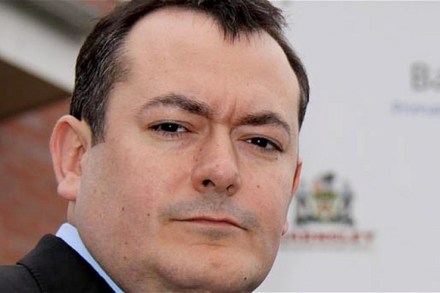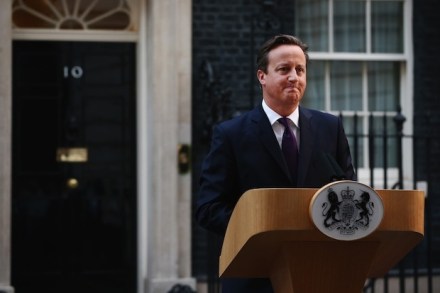Michael Dugher names Tory rival as greatest living Yorkshireman
Professional Yorkshireman and Labour attack dog Michael Dugher was quick to jump on the Prime Minister’s claim that William Hague was the greatest living Yorkshireman. Telling the BBC yesterday that Alan Bennett, and Ian McMillan are still alive, Dugher also claimed that one James Hockney was a contender for title. But who is James Hockney? Only Dugher’s Tory opponent in Barnsley in the 2010 election. A gracious compliment to pay your defeated rival.




















